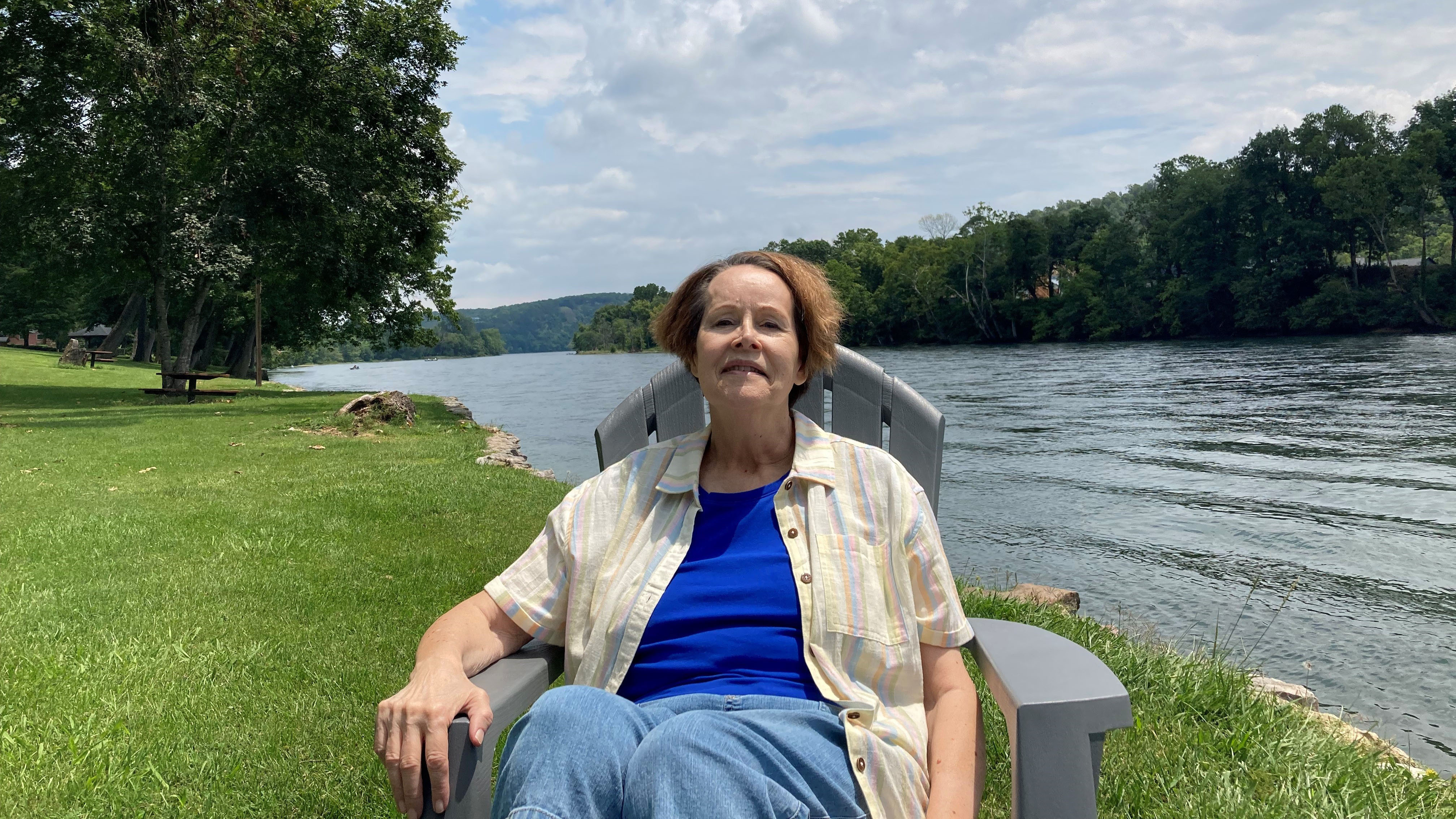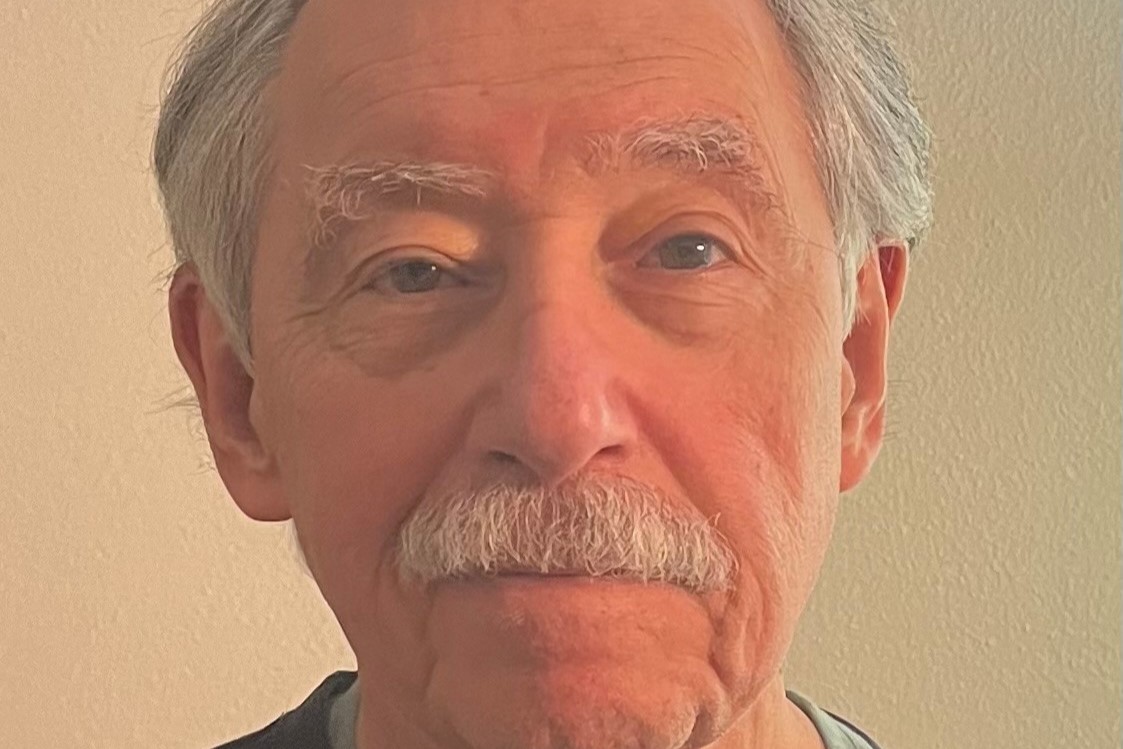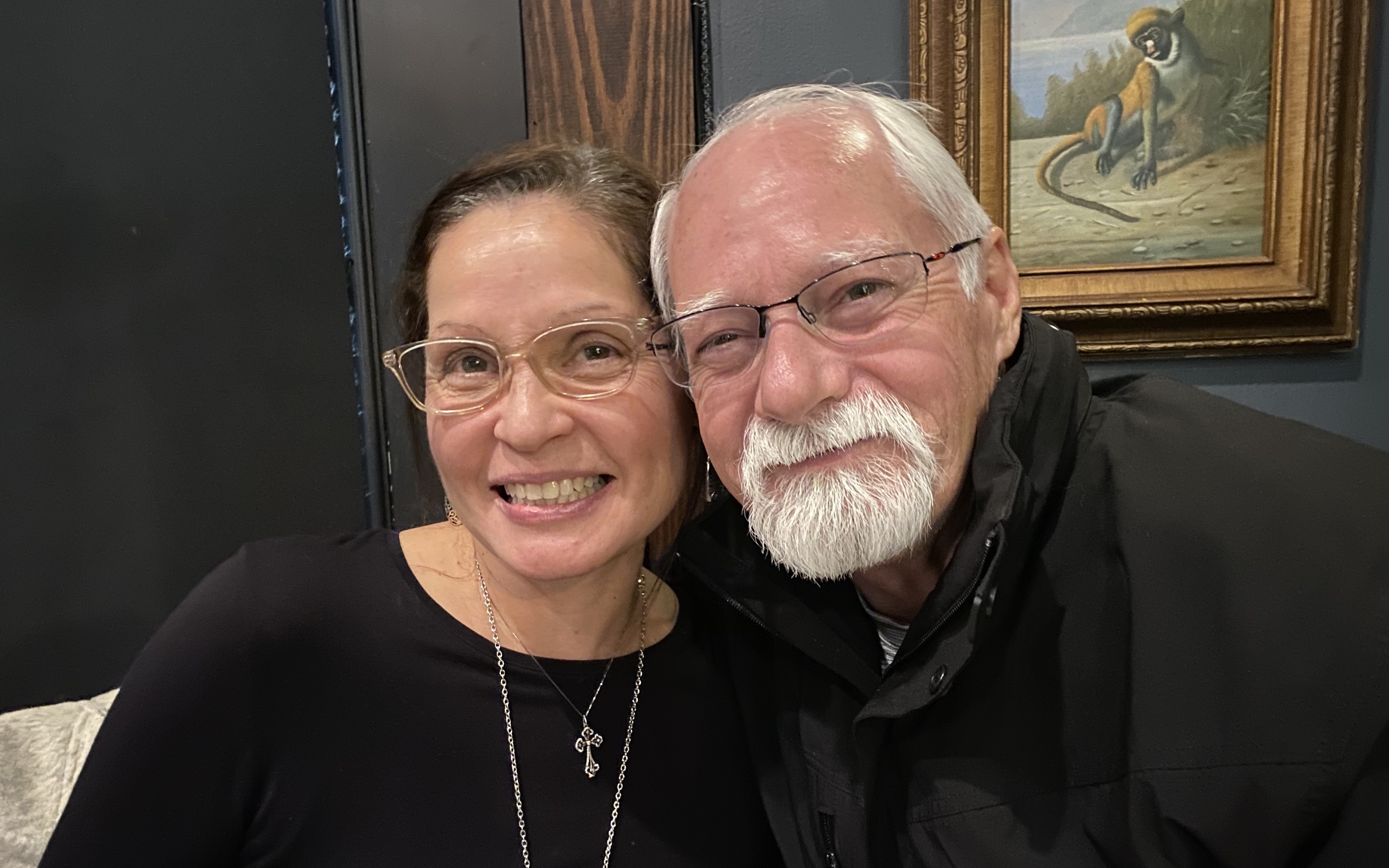- Diseases
- Acoustic Neuroma (14)
- Adrenal Gland Tumor (24)
- Anal Cancer (66)
- Anemia (2)
- Appendix Cancer (16)
- Bile Duct Cancer (26)
- Bladder Cancer (68)
- Brain Metastases (28)
- Brain Tumor (230)
- Breast Cancer (718)
- Breast Implant-Associated Anaplastic Large Cell Lymphoma (2)
- Cancer of Unknown Primary (4)
- Carcinoid Tumor (8)
- Cervical Cancer (154)
- Colon Cancer (164)
- Colorectal Cancer (110)
- Endocrine Tumor (4)
- Esophageal Cancer (42)
- Eye Cancer (36)
- Fallopian Tube Cancer (6)
- Germ Cell Tumor (4)
- Gestational Trophoblastic Disease (2)
- Head and Neck Cancer (6)
- Kidney Cancer (124)
- Leukemia (344)
- Liver Cancer (50)
- Lung Cancer (288)
- Lymphoma (284)
- Mesothelioma (14)
- Metastasis (30)
- Multiple Myeloma (98)
- Myelodysplastic Syndrome (60)
- Myeloproliferative Neoplasm (4)
- Neuroendocrine Tumors (16)
- Oral Cancer (100)
- Ovarian Cancer (170)
- Pancreatic Cancer (164)
- Parathyroid Disease (2)
- Penile Cancer (14)
- Pituitary Tumor (6)
- Prostate Cancer (144)
- Rectal Cancer (58)
- Renal Medullary Carcinoma (6)
- Salivary Gland Cancer (14)
- Sarcoma (236)
- Skin Cancer (296)
- Skull Base Tumors (56)
- Spinal Tumor (12)
- Stomach Cancer (60)
- Testicular Cancer (28)
- Throat Cancer (90)
- Thymoma (6)
- Thyroid Cancer (98)
- Tonsil Cancer (30)
- Uterine Cancer (78)
- Vaginal Cancer (14)
- Vulvar Cancer (18)
- Cancer Topic
- Adolescent and Young Adult Cancer Issues (20)
- Advance Care Planning (10)
- Biostatistics (2)
- Blood Donation (18)
- Bone Health (8)
- COVID-19 (362)
- Cancer Recurrence (120)
- Childhood Cancer Issues (120)
- Clinical Trials (628)
- Complementary Integrative Medicine (24)
- Cytogenetics (2)
- DNA Methylation (4)
- Diagnosis (230)
- Epigenetics (6)
- Fertility (64)
- Follow-up Guidelines (2)
- Health Disparities (14)
- Hereditary Cancer Syndromes (124)
- Immunology (18)
- Li-Fraumeni Syndrome (8)
- Mental Health (118)
- Molecular Diagnostics (8)
- Pain Management (62)
- Palliative Care (8)
- Pathology (10)
- Physical Therapy (18)
- Pregnancy (18)
- Prevention (898)
- Research (392)
- Second Opinion (74)
- Sexuality (16)
- Side Effects (604)
- Sleep Disorders (10)
- Stem Cell Transplantation Cellular Therapy (216)
- Support (404)
- Survivorship (322)
- Symptoms (184)
- Treatment (1776)
Metastatic melanoma patient grateful for leptomeningeal disease clinical trial
BY Tommy Stone
5 minute read | Published December 01, 2023
Medically Reviewed | Last reviewed by an MD Anderson Cancer Center medical professional on December 01, 2023
I was 40 when I was diagnosed with stage IB melanoma. Five years after I had surgery to remove the tumor on my back, I was diagnosed with stage IV melanoma.
My local oncologist in Oklahoma City reviewed my PET scan and told me to come back in three months to recheck the suspicious spots found on my lungs. My wife and I felt like they were treating me as ‘just another cancer patient.’
Before I had even gotten into the car to leave, my wife had made an appointment at MD Anderson.
Finding hope at MD Anderson
My wife’s father was treated at MD Anderson years ago for melanoma. I knew I was in the right place for treatment, but when I arrived for my first appointment, I was overwhelmed by the size of the campus. My mother and grandmother had also had melanoma and died within five months of each other. So, I was thinking the worst. I had three young kids. I wanted to see them graduate.
As my wife and I walked through the hospital, I noticed a bunch of children in wheelchairs. One looked at me and mouthed the words, “It will be alright.” Then she waved at me.
I was overwhelmed with emotion. These kids hadn’t even got to experience life yet. But they were so optimistic. I knew then that I was going to beat this.
Beginning metastatic melanoma treatment
At MD Anderson, I met with melanoma medical oncologist Dr. Sapna Patel, who reviewed my PET scan and sent me to have a brain MRI. I was told I could head home, and the doctors would follow up with my results and a treatment plan.
The next day, my wife and I were halfway home when an MD Anderson nurse called and said, “Mr. Stone, we found several tumors on your brain, and we need you to come back to meet with the neurosurgeon to develop a plan.”
I returned to MD Anderson and met with the neurosurgeon, who told me I had 15 tumors on my brain. I immediately began 10 rounds of radiation therapy. It didn’t get rid of the tumors. So, I had Gamma Knife® stereotactic radiosurgery, which uses precise beams of gamma rays to target brain tumors in hard-to-reach places. This shrunk or eliminated all the tumors on my brain. Dr. Patel told me about a clinical trial she had completed that had shown some promise for patients with melanoma. She recommended I receive immunotherapy treatment with four rounds of a drug called ipilimumab and an oral chemotherapy called temozolomide at home. The tumors in my lungs completely resolved.
My melanoma was in remission for almost three years, but a follow-up visit in 2017 revealed a new tumor on my brain. I had another round of Gamma Knife® stereotactic radiosurgery, then my next follow-up appointment revealed new tumors on my lungs. I started immunotherapy again, but I only received one dose before my condition worsened.
I had a shooting pain through my back and couldn’t move. My wife rushed me to a local hospital, and an MRI showed six more tumors on my spine. I received 10 rounds of radiation to my spine.
Side effects from metastatic melanoma treatment
My melanoma treatments caused nausea, vomiting and fatigue.
After the spinal radiation, I suffered from constipation. I returned to the emergency room and learned I had an ileus in my intestines. This caused my bowels to stop working. I couldn't eat for weeks. The pain was unbearable. It took weeks before my intestines began to function like normal and I could eat again.
My leptomeningeal disease diagnosis
After completing my spinal radiation locally, I returned to MD Anderson for a follow-up appointment. That’s when I was diagnosed with leptomeningeal disease (LMD). This occurs when cancer cells from primary tumors enter the leptomeninges, the outer lining of the brain and spinal cord.
My wife and I had never heard of LMD, so we did some research. My doctors were kind and gave us information, but they were honest in sharing that patients with my diagnosis typically make it just a few months with treatment. Dr. Patel transferred my care to melanoma LMD specialist Dr. Isabella Glitza Oliva.
An LMD clinical trial at MD Anderson saved my life
Dr. Glitza Oliva told me about a new clinical trial for metastatic melanoma patients with LMD. I qualified for the trial, but my wife and I were concerned. We’d be taking a chance since I would be the first patient to receive this treatment. But I was determined not to let cancer beat me. I trusted my doctors and nurses at MD Anderson, so I agreed to participate in the clinical trial in hopes it would extend my life.
As part of the clinical trial, I had an Ommaya port placed for treatment. I received the immunotherapy drug nivolumab directly into my spinal fluid as well as into my veins. My wife and I drove to Houston every two weeks for the first year. Then we started flying.
About a year ago, I started going just once a month. One month, I receive treatment and do bloodwork. The next month I get MRIs and scans along with my treatment.
I haven’t had any major changes for a full year now. I still have some tumors that are stable, but there’s no new growth.
Why I’ll never give up
I recently celebrated five years on the clinical trial. Going from being told I had just a few months to live to now is truly a blessing from God. I feel like I don’t have cancer anymore. Sure, I have a little fatigue and suffer from dizziness, but I’m able to do most of the things I enjoy. I golf and go to football games to watch my daughters cheer. I even went to Disney World with my family and walked 42 miles. At home, you can catch me mowing the lawn, working in the flower beds or working on my truck.
My motto is to never give up. I work with the cards I am dealt and stay as positive as I can.
I’m thankful for my wife, who’s been by my side through everything, and for my family’s support. Everybody at MD Anderson, from the nurses to the doctors, is special to me. They’re so kind. I love them all. In nine years, I’ve never had one bad experience at MD Anderson. I’m forever grateful.
Request an appointment at MD Anderson online or by calling 1-877-632-6789.
Related Cancerwise Stories

I trusted my doctors and nurses at MD Anderson, and I agreed to participate in the clinical trial in hopes it would extend my life.
Tommy Stone
Survivor





